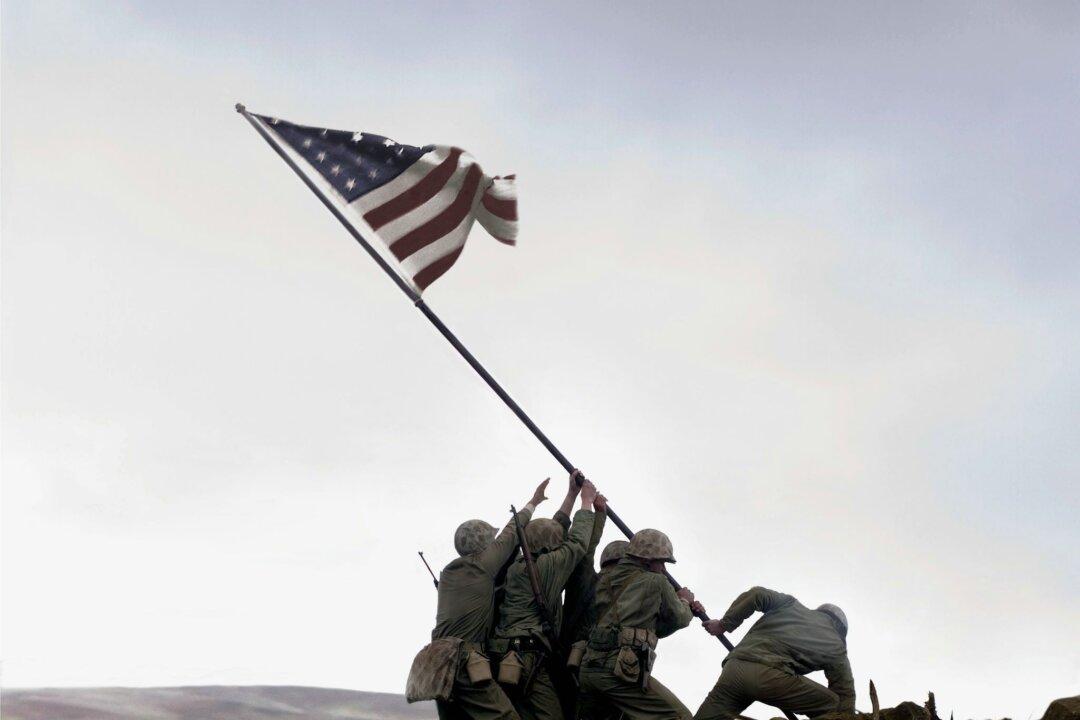R | 2h 15m | Drama, War, History | 2006
Every picture tells a story. Consider the one that everyone thought was behind the timeless photograph of six U.S. Marines raising the American flag on the Japanese island of Iwo Jima in 1945. It’s now considered in some circles to be one of the Great War tall tales of all time.






